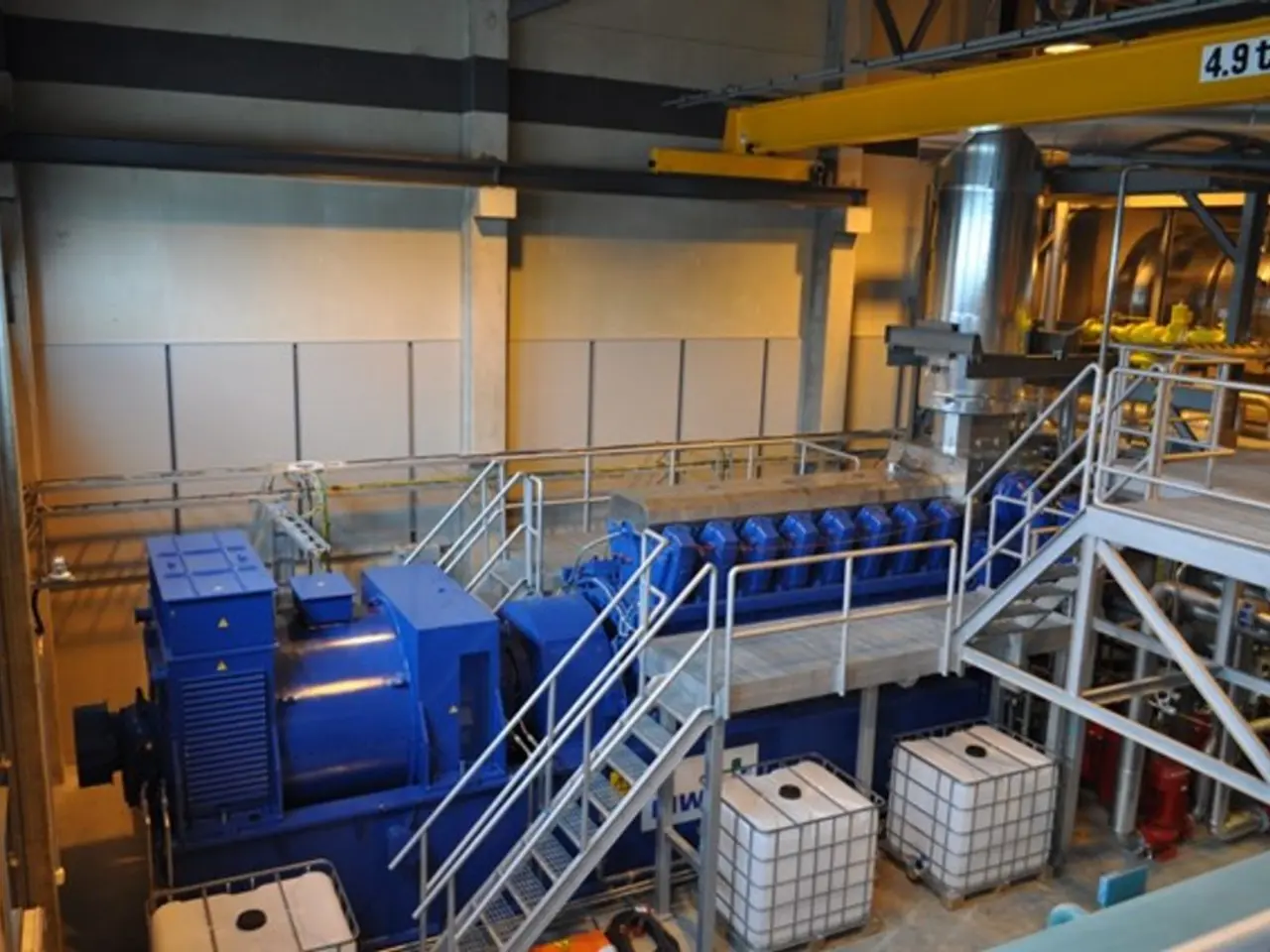Impact of The Transport Sector (Critical Firms) Act 2024 on Mergers and Acquisitions within the Singapore Transport Industry
Enhanced Ownership Control Measures and Regulatory Scrutiny under Singapore's Transport Sector (Critical Firms) Act 2024
The Transport Sector (Critical Firms) Act 2024, passed in Parliament on 1 April 2025, establishes a framework for enhancing the resilience of essential transport services in Singapore and protecting against undue influence. The Act empowers authorities like the Civil Aviation Authority of Singapore (CAAS), Land Transport Authority (LTA), and Maritime and Port Authority (MPA) to designate critical transport firms and subject substantial ownership changes to government approval.
Key implications include:
- Government scrutiny and approval of ownership changes: Any significant acquisitions, mergers, or changes in equity stakes involving designated entities in air, land, and sea transport sectors must be cleared by the relevant authorities. This applies to both direct holdings and indirect control arrangements, reflecting stringent oversight to safeguard critical infrastructure.
- Designation of operating entities and equity interest holders: Besides operating companies, equity interest holders with substantial stakes may also be designated and regulated, as exemplified by entities like PSA Corporation Limited and PSA Marine (Pte) Ltd in the sea transport sector.
- Sector-specific compliance guidance: Designated entities receive tailored compliance guidelines ensuring they meet regulatory standards for infrastructure resilience, operational reliability, and security obligations in essential services like port operations, bunker supply, salvage, and maritime traffic management.
- Broader impact on due diligence and M&A: Investors must undertake comprehensive regulatory due diligence before acquisition or investment decisions to uncover potential compliance issues that could hinder deal approval or affect valuation. The Act imposes new compliance burdens, increasing the risk profile of ownership transactions within the transport sector and necessitating greater legal and regulatory scrutiny.
In addition, the Act requires approval from the relevant Authority before becoming an indirect controller of a Designated Entity, and approval is also required for the voluntary winding up or dissolution of a Designated Entity. Designated entities must notify the relevant Authority within seven days upon becoming aware of any changes in control, and they must notify the Authority of events that could materially impair the provision by the Designated Entities of essential transport services.
The Act expands the list of sectors in Singapore with sectoral legislation that impose ownership and control restrictions. Changi Airport Group (Singapore) Pte. Ltd., Singapore Airlines Limited, Scoot Pte. Ltd., SATS Ltd, Sats Airport Services Pte Ltd, Sats Asia-Pacific Star Pte. Ltd., Sats Catering Ptd Ltd, SIA Engineering Company Limited and Changi Airport Fuel Hydrant Installation Pte. Ltd. are designated operating entities in the air sector. SBS Transit Ltd, SMRT Buses Ltd., SBS Transit Rail Pte. Ltd., SMRT TEL Pte. Ltd. and SMRT Trains Ltd. are designated operating entities in the land sector. PSA Corporation Limited, PSA Marine (Pte) Ltd, and Jurong Port Pte Ltd. are designated operating entities in the sea sector.
In extreme cases, the relevant Authority may appoint a person under a special administration order to manage the affairs, business, and property of the Designated Entity. Increased regulatory scrutiny will affect investment strategies and timelines for ownership changes in Designated Entities of 25% or greater. Prospective investors into Designated Entities must notify the relevant Authority within seven days after becoming a 5% controller.
In summary, this legislation heightens regulatory oversight on ownership and control of critical transport firms in Singapore, requiring businesses and investors to navigate a stricter approval process and adapt to enhanced compliance frameworks designed to mitigate risks to Singapore’s transport infrastructure and essential services.
- In the context of the Transport Sector (Critical Firms) Act 2024, businesses involved in air, land, and sea transport sectors may find themselves subject to stricter scrutiny and approval of ownership changes, as investors must now undertake comprehensive regulatory due diligence before investment decisions.
- As a result of this legislation, designated entities in Singapore's transport sector, such as Changi Airport Group (Singapore) Pte. Ltd., SIA Engineering Company Limited, or PSA Corporation Limited, will need to comply with stricter regulatory standards, potentially impacting their investment strategies and the timelines for ownership changes.




